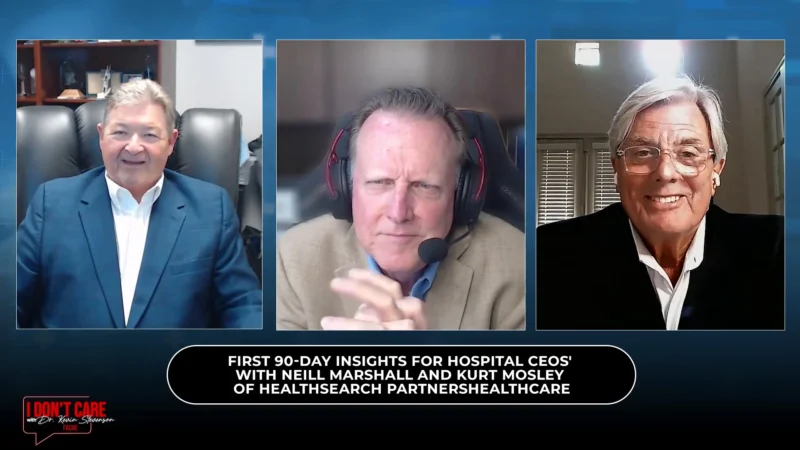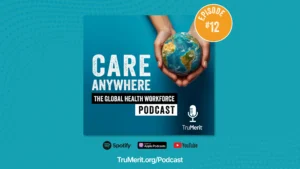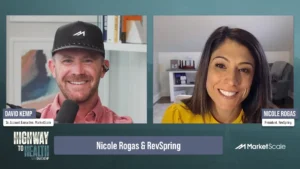Value Based Payment (VBP), where health care purchasers and payers pay based upon the quality and outcomes of care, is a relatively new way to pay for healthcare that faces considerable opposition from physicians, who think it won’t have any effect on care or controlling costs. In fact, according to FHMA, in a Leavitt Partners survey of 621 physicians, “Only one-fifth of physicians thought either bundled payments or hospital-led accountable care organizations (ACOs) would contain healthcare costs,” and “Similarly, few thought patient health improvements likely would result from bundled payments (19 percent), ACOs (29 percent), or episode-based payments (29 percent).”
In fact, many physicians are unaware that of the kinds of payments their hospitals handle, including ACOs and bundled payments. “Pluralities of physicians were uncertain about the patient health benefits of ACOs (46 percent), bundled payments (48 percent), capitated payments (45 percent), and patient-centered medical homes (46 percent). And majorities were uncertain about the health benefits of integrated delivery networks (56 percent), episode-based payments (55 percent), and global payments (58 percent).” Among those who were aware of the kinds of payments their hospitals accepted, most were still opposed—primarily because the payment plans were new and they didn’t like how their payments were affected.
This doesn’t mean physicians don’t have their own ideas about what would make for better payment plans. These same physicians preferred payment plans with “physician pay for performance (40 percent) and patient-centered medical homes (40 percent).” They also thought that “an increased focus on wellness and prevention (60 percent), improved management of mental health (56 percent), and better management of heavy utilizers of care (52 percent)” were more likely to contain costs.
Overall, doctor opposition to these new payment plans seem to stem primarily from uncertainty—uncertainty of how they would work, uncertainty in the middle of massive and ongoing changes in health care payment plans from both the government and private sector, and uncertainty of how and how much they would get paid for services. All of this uncertainty drives much of the doctor opposition to the changes taking place. Some simply don’t have the time to learn about all the intricacies around payment plans.
For many of these payment plans to succeed, physician buy-in—even grudging buy-in—is absolutely necessary. For third party payers to get physicians onboard, there needs to be more outreach to physicians to educate them about what these payment changes mean for both patient care and doctor remuneration. For doctors who have been working in the old system for decades, it will likely take longer to persuade them these plans are to everyone’ benefit—if they are ever persuaded.
Most people don’t like change, nor to have their expectations altered, and doctors are certainly no different in this matter. Perhaps less so, given the fact they would much prefer to simply see patients and not have to be bothered by payment plans. But so long as changes are occurring which affect what they can do and how much they are paid, they are going to be bothered by these ongoing changes.









